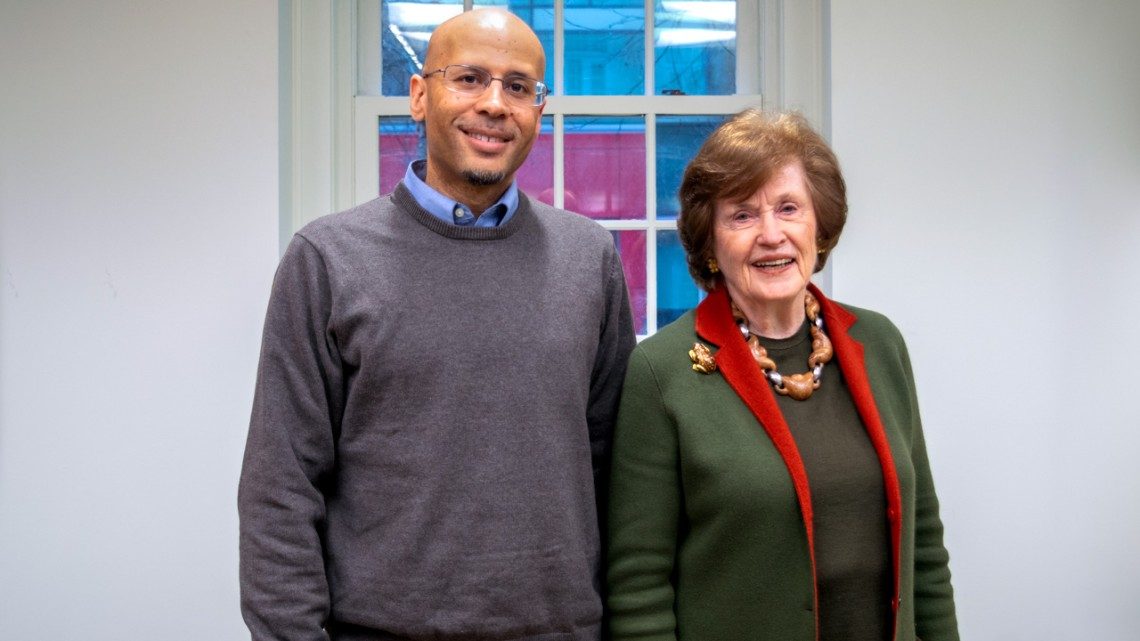An anonymous gift of $1.5 million to support Cornell AgriTech research will improve grapevine health, quality, yields and profitability in New York state’s wine and grape industry through the creation of an endowed graduate student research fellowship program.
The wine industry in New York state – from grape growing to bottle sales – generates $6.65 billion annually, according to the most recent report from the New York Wine and Grape Foundation. In total, 35,000 acres of New York farmland are used to grow grapes and that number will continue to climb as winemakers and viticulturists launch production and tasting room facilities across the state.
The fellowship program will elevate the success of the industry by supporting the research talent pipeline in New York state. Funding from the program will be used to support graduate students whose research contributes to improved grapevines and could come from all disciplines at Cornell AgriTech.
“It’s important to keep research talent momentum in place for the New York wine and grape industry and one of the best ways to do that is by investing in graduate students,” said Jan Nyrop, the Goichman Family Director of Cornell AgriTech. “Graduate students are the next frontier in research excellence because they think outside of the box and are passionate about working with producers to make a lasting impact.”
More than 40 graduate students a year perform hands-on research at Cornell AgriTech in fields, labs and greenhouses. A unique element of the graduate student program on the Geneva campus is the opportunity to extend knowledge directly to New York producers and processors.
At the donor’s request, the graduate fellowship endowment will be named the Bruce Reisch 1976 Graduate Fellowship in Grapevine Improvement after Bruce Reisch ’76, professor in both the Horticulture Section and the Plant Breeding and Genetics Section of the School of Integrative Plant Science in the College of Agriculture and Life Sciences.
Reisch has been a faculty member at Cornell AgriTech since 1980. During his time on the Geneva campus, Reisch has released 14 new grape varieties, which were bred to excel in New York state growing conditions and with minimal pesticide inputs.
“Wine and grape producers will be faced with a number of challenges in years to come – including difficulties in controlling grapevine diseases, evolving consumer preferences, and climate change-related issues,” Reisch said. “This fellowship will help reach the goal of using genetic know-how to advance our industry, while training graduate students to become outstanding plant scientists.”
The donation will also boost Cornell AgriTech’s standing as one of the world’s preeminent centers for grape research.
“Thanks to this fellowship program, Cornell AgriTech will continue to be at the forefront of grape research,” Nyrop said. “From world-renowned faculty in the areas of grape breeding, disease and pest management and enology, state-of-the-art research facilities and now a fellowship program to train graduate students in grapevine improvement, Cornell AgriTech will be able to meet the evolving needs of the industry.”
Written by Erin Rodger, the senior manager of marketing and communications at Cornell AgriTech. This story first appeared in the Cornell Chronicle.





